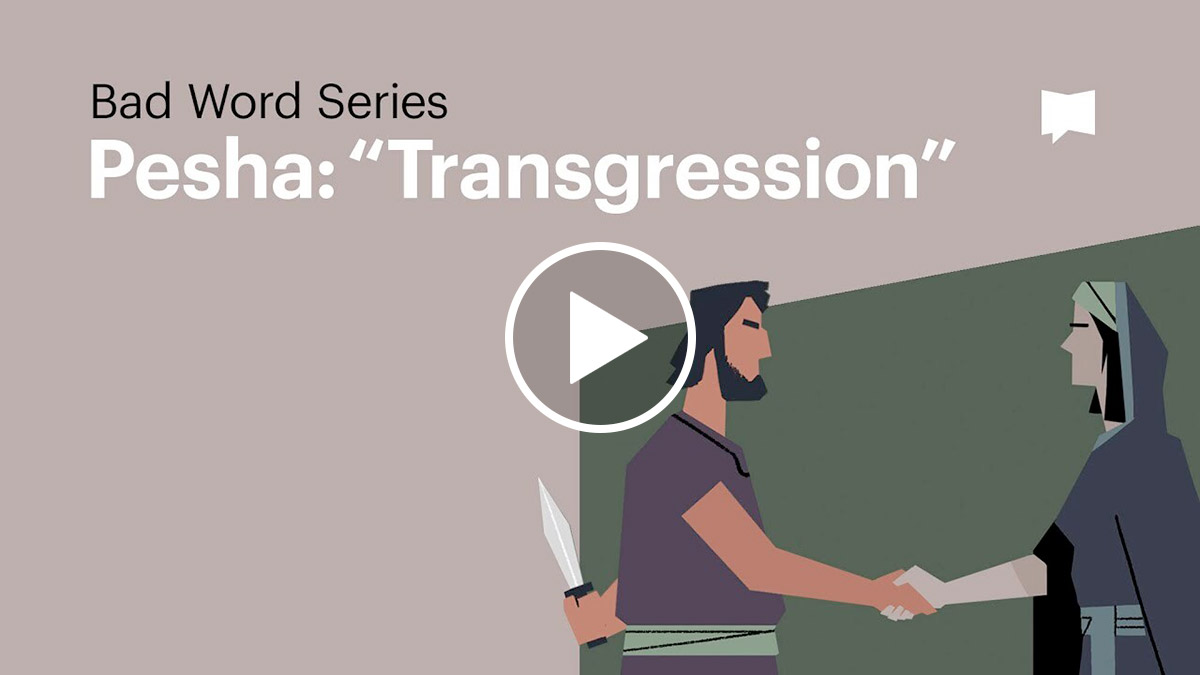|
This week we’re continuing our reflection on the Bible’s raw and honest portrait of the human condition. We will look at the word “transgression” in the Bible, which refers to ways that people betray or violate someone’s trust. This concept provides us with an important perspective as we continue to lament and draw attention to the realities of racial injustice in our culture. It’s never pleasant to focus on our failures or the ways that we are complicit in the betrayal of others, but it’s necessary. Only then can we open ourselves up to the healing and forgiving love of God that transforms us into agents of justice and peace in our world. |
|||||||
| Listen | |||||||
|
|||||||
|
|
|||||||
| Watch | |||||||
 |
|||||||
|
|
|||||||
| Read and Discuss | |||||||
|
|||||||
| Amos 2:4-10 Read here Here the prophet Amos accuses the Israelites of “three, even four transgressions” against Yahweh their God. Notice that the behavior he describes is a violation of the covenant terms that Israel agreed to at Mount Sinai. They reject the Torah, fail to keep God’s laws, and allow injustice against the poor and oppressed. Amos is not just saying these are bad things, though that’s true. They are acts of betrayal against the promise they made to God. In the wider context of Amos 1-2, he targets violent war crimes of Israel’s neighbors, and he calls these “transgressions.” In Amos’ view of God and the world, acts against other people are actually acts against God himself.
|
|||||||
| Psalm 32 Read here This poem is a celebration of God’s mercy and forgiveness for people who have broken his trust. Along with many other biblical words for sin, David uses the word “transgression” two times to describe how he betrayed God (vv. 1 and 5). But he also knows that God will never reject someone who is willing to name their failures and acts of betrayal and ask for forgiveness. Owning up to our failures is one thing, but to confess how we have violated someone’s trust—that’s pretty humiliating. But David warns us not to be like a stubborn mule who resists anything difficult. God’s mercy and love are available to those who are willing to trust him to forgive, even those who betray him.
|
|||||||
| 2 Corinthians 5:14-21 Read here Paul explains to the Christians in Corinth that it is the generous love of the Messiah that wakes him up every day and compels him to travel, talk to people about Jesus, and start new churches. He’s convinced that following Jesus is how we begin to experience the power of the new creation. And it’s all a gift! He describes God as someone who doesn’t hold our acts of betrayal (that is, our transgressions) against us. Rather, God wants to be reconciled to those who have wronged him, and that’s what God accomplished through the life, death, and resurrection of Jesus.
|

